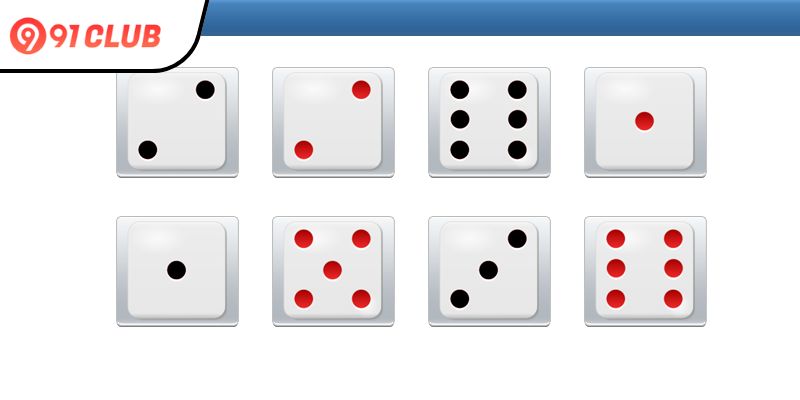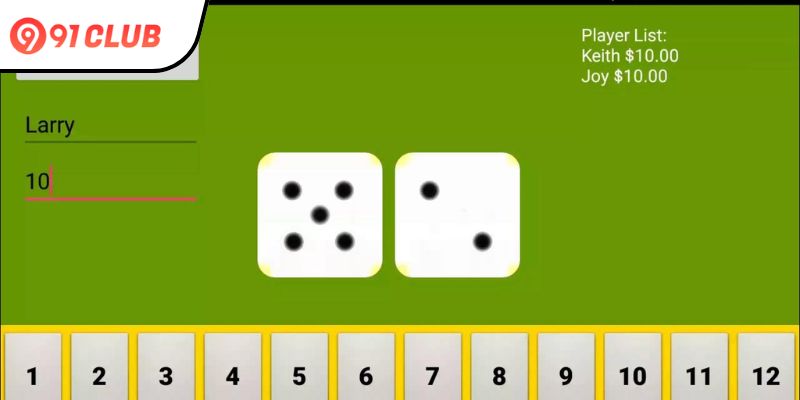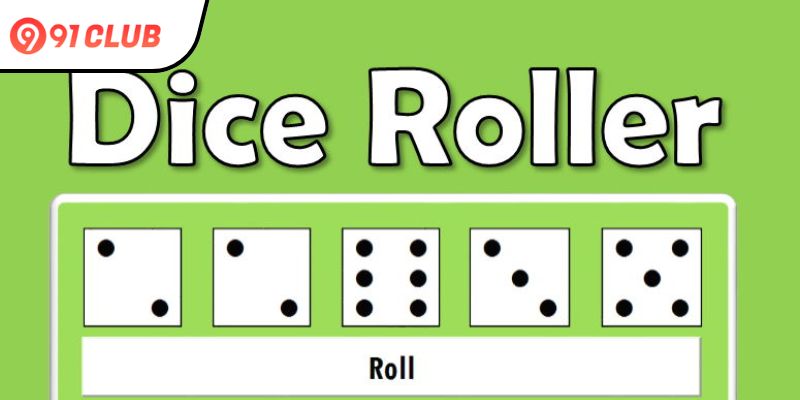Dice have been part of human culture for thousands of years, appearing in games of chance, board games, education, and even spiritual practices. The phrase “roll a dice” instantly evokes excitement, uncertainty, and the thrill of seeing where fate will land. But rolling a dice is more than just a random action — it connects mathematics, history, and fun in a fascinating way.
This article takes you through everything you need to know about dice: how they work, their role in probability, different types of dice games, and practical ways people use dice in daily life.
What Does “Roll a Dice” Mean?
To “roll a dice” simply means to throw a dice — a small cube marked with dots from 1 to 6 — and let chance determine which number appears on top. The randomness of dice rolls makes them the foundation of countless games and experiments.
- One dice (die): Singular form, one cube.
- Two or more dice: Plural form, multiple cubes.
When you roll a standard six-sided dice, you have six equally likely outcomes: 1, 2, 3, 4, 5, or 6.

The History of Dice
Dice are among the oldest gaming tools in human history.
- Ancient Origins: Dice-like objects have been found in Mesopotamia dating back to 3000 BC.
- Cultural Use: Ancient Egyptians, Greeks, and Romans used dice in games and rituals.
- Modern Dice: Standardized six-sided dice became common in Europe during the Middle Ages and are now used worldwide.
Probability and Rolling a Dice
Every time you roll a fair dice:
- Probability of one specific outcome (e.g., rolling a 4): 1/6 ≈ 16.7%.
- Probability of rolling an even number (2, 4, 6): 3/6 = 50%.
- Probability of rolling a number greater than 3 (4, 5, 6): 3/6 = 50%.
For two dice:
- Total possible outcomes = 36 (6 × 6).
- Probability of rolling a sum of 7 = 6/36 = 1/6.
- Probability of rolling doubles (e.g., 2-2, 5-5) = 6/36 = 1/6.
Understanding these probabilities is why dice are central to both games and mathematics education.
Popular Games That Use Dice
1. Board Games
- Monopoly, Risk, Ludo, Snakes and Ladders all rely on dice rolls to move players around the board.
- Adds unpredictability and fairness to gameplay.
2. Casino Games
- Craps: One of the most famous dice games, especially in Las Vegas. Players bet on the outcome of two dice.
- Sic Bo: An ancient Chinese dice game where players bet on the results of three dice.
3. Role-Playing Games (RPGs)
- Games like Dungeons & Dragons use multi-sided dice (d4, d8, d20) for determining combat and story outcomes.
4. Party Games
- Simple “roll a dice” challenges often appear in drinking games or casual gatherings.

Educational Uses of Dice
- Math Teaching: Teachers use dice to explain probability, addition, and multiplication.
- Decision-Making: Rolling a dice can serve as a quick, impartial way to make simple choices.
- Creativity: Writers and artists sometimes roll dice to add randomness to their creative process.
Variations of Dice
Standard Six-Sided Dice (d6)
- The most common, with numbers 1 to 6.
Multi-Sided Dice
- Used in RPGs: d4, d8, d10, d12, d20.
- Each adds different levels of randomness.
Loaded Dice
- Weighted to favor certain outcomes (used in cheating).
Digital Dice
- Online and mobile apps simulate dice rolls with algorithms, perfect for remote games.
Strategies in Dice Games
Although rolling a dice is random, strategies exist in games that use dice:
- Probability Awareness: Knowing odds helps in games like Craps.
- Risk Management: Deciding whether to roll again or stop in certain games.
- Game-Specific Strategies: RPG players use dice strategically in character creation and battles.
Fun Facts About Dice
- The opposite sides of a standard dice always add up to 7.
- The oldest known dice were made from animal bones.
- Casinos regularly inspect dice to ensure fairness and prevent tampering.
- In some cultures, dice are used in fortune-telling rituals.
Example Scenario – Rolling a Dice
Imagine you’re playing Monopoly. You roll a dice and land on 6, moving your token six spaces ahead. That one roll could change your entire strategy — you might buy a property, owe rent, or even land in jail. This illustrates how dice bring both excitement and uncertainty into games.

Responsible Play with Dice Games
Whether playing board games with family or trying your luck at the casino:
- Treat dice as entertainment.
- Play within limits if money is involved.
- Remember: dice are random; no one can control the outcome in fair play.
Conclusion
The phrase “roll a dice” captures the essence of chance, suspense, and excitement. From ancient rituals to modern board games and casinos, dice continue to shape human entertainment and education.
While you can’t predict the outcome of a fair roll, understanding probability and enjoying the randomness is what makes dice games timeless. Whether you’re teaching math, playing with friends, or testing your luck, rolling a dice is a universal symbol of fun and unpredictability.
Meta description: Roll a dice – discover the history, probability, and fun behind dice games. Learn how dice are used in board games, casinos, education, and everyday decision-making.
